Research is what defines a book’s authority and credibility, and knowing how to research a book means the difference between success and failure. A nonfiction book, after all, is only as strong as the research that went into it. So let’s take a look at some strategies to make sure your project is built on a solid foundation of accuracy and validity.
How to Research a Book: A Prelude
Before you begin the arduous journey of research, it’s essential that you lay the foundation for success. Here’s a guide to help you navigate:
- Delimit Your Scope: Clearly outline the boundaries of your research. What is the specific subject matter you aim to cover, and what are your book’s objectives?
- Peruse Primary Sources: Seek out firsthand accounts, original documents, and interviews with experts. These sources provide credibility and depth to your work.
- Search Secondary Sources: Complement primary sources with books, articles, and documentaries that offer a broader understanding of your topic. Always cross-reference information to ensure accuracy.
- Organize Your Resources: Efficient organization is paramount. Create a system for filing notes, citing sources, and keeping track of your research materials.
- Stay Curious: Cultivate a curiosity that drives you to explore beyond the obvious. It’s often the overlooked details that unveil hidden treasures.
- Contact Experts: Don’t hesitate to reach out to experts in your field. Their insights can illuminate your research and provide valuable context.
- Beware of Bias: Recognize that all sources have their biases. Critical thinking is your most potent tool for separating fact from opinion.
Strategies for Successful Research
Now that you’ve nailed down a plan, it’s time to get started. Let’s have a glance at where to start, and what to watch for along the way.
- Libraries and Archives: Explore local and national libraries, as well as specialized archives. Many hold rare documents and resources essential for your work.
- Online Databases: The Internet offers access to a wealth of information through databases, journals, and digitized historical records.
- Interviews: Speaking with experts, eyewitnesses, or those with direct experience provides unique and invaluable insights.
- Field Research: Immersing yourself in the subject matter through on-site visits can be highly illuminative.
- Fact-Checking: Ensure that your research is accurate and up to date. Fact-checking is absolutely crucial for nonfiction credibility.
Challenges in Nonfiction Research
Taking on a project of this scope can be overwhelming — so much so, in fact, that it’s easy to get caught up in some of the less obvious challenges inherent in the research process. Let’s take a look at some of these obstacles and how to avoid them.
- Information Overload: The vast amount of information can be overwhelming. Define your scope and maintain focus.
- Credibility: Assess the reliability of sources. Always verify facts with multiple, trusted sources.
- Ethical Considerations: Adhere to ethical standards in your research, particularly when using sensitive or personal information.
- Writer’s Block: Research can be a double-edged sword. Avoid getting stuck in a quagmire of research; know when it’s time to move forward with your writing.
Optimize Your Research
To make this process run as smoothly and efficiently as possible, keep the following tips in mind:
- Create a Research Plan: Establish a clear plan of action. What are your research objectives, and what steps will you take to achieve them?
- Note-Taking: Develop a systematic approach to note-taking. Record bibliographic information, your thoughts, and the source’s key points.
- Bibliography Management: Use bibliography software or apps to manage your sources and citations efficiently.
Now that your research is complete and you’re a proper authority, it’s time to tie everything together and write your manuscript. And there’s no need to research printing or binding — we’ve already got you covered! Contact us today to learn how we can bring your manuscript to life.

